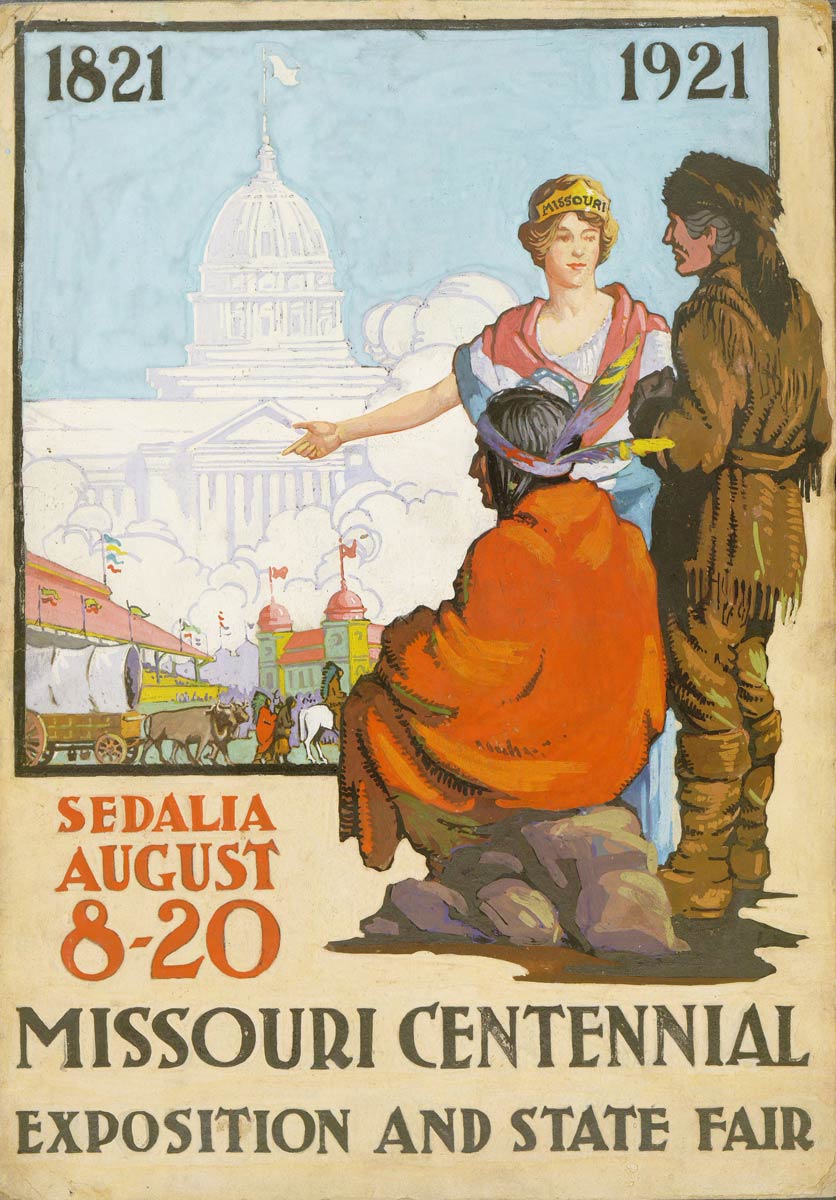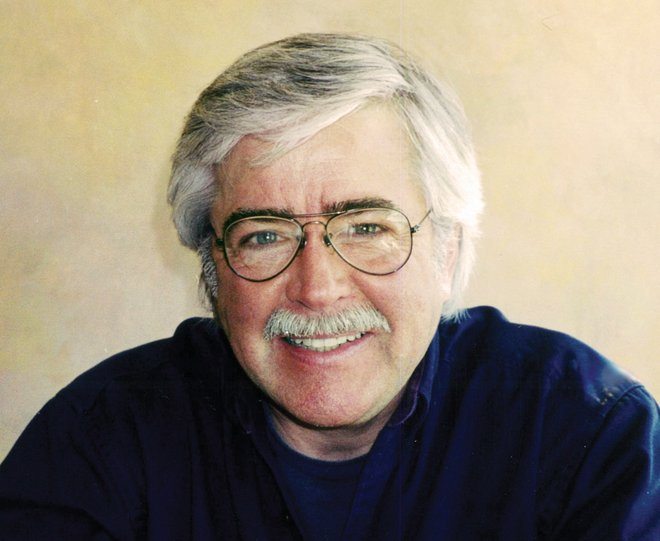Two Centuries Ago We Began the Long Journey to Statehood
Two centuries ago, Missouri was a growing territory determined to become a state. That determination would be tested in the years to come.
Territory residents signed petitions, asking the US Congress to admit Missouri to the Union. Congress heard those petitions on January 8, 1818 … and again on February 2 and March 16, and yet again on April 3. Congress ended its session without taking action on the Missouri question, and the people of the Missouri Territory were made to wait.
Finally, on December 18, 1818, Congress heard the petition again. This marked the beginning of a long, slow grind toward eventual statehood in 1821. Between 1818 and 1821, the question of Missouri’s status was mired in a contentious debate over slavery. It was only settled when Maine petitioned to join the Union, setting in motion the Missouri Compromise that allowed Missouri to join as a slave state and Maine to be admitted as a free state.
Although less steeped in controversy, the run-up to Missouri’s bicentennial celebration is taking just as long as the original effort. Counties and communities across the state are preparing now to mark the 2021 bicentennial in meaningful, long-lasting ways.
Michael Sweeney, bicentennial coordinator for the State Historical Society of Missouri, sees this celebration as an opportunity for the people of Missouri to forge new, more understanding relationships. “It makes us more cooperative and appreciative,” he says. “It helps us shape this sense of destiny. We are using this moment to think through some of the various issues we’re facing. What makes us strong communities? What role does local history play?” Michael says bicentennial projects are starting to come together all across Missouri. He’s traveling the state, assisting communities as they plan and promote.
Learn more about Missouri’s bicentennial celebration at Missouri2021.org.
Related Posts
Earthly Creations
They say that life is what happens while you’re busy making plans. We’re pretty sure you’d get no argument from Sandra Zak.
William Least Heat-Moon’s Debut Novel Takes a Spiritual Journey
By the third chapter of William Least Heat-Moon’s first fictional work, we learn that the handheld device Silas places the most confidence in is the compass, owing to its reliance on magnetic polarity rather than battery power or a human operator.


